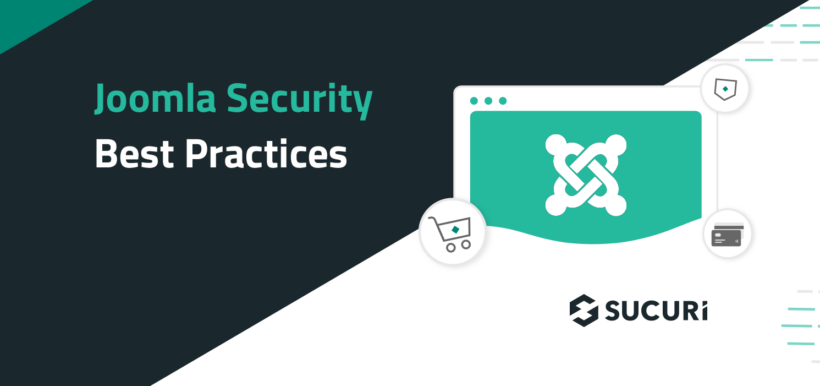Secure Joomla Website: Best Practices for Keeping Your Site Safe
When it comes to building a secure website, it is essential to pay attention to the security of your Joomla site. With the increasing number of cyber threats targeting websites, it is crucial to take proactive measures to protect your site and your visitors’ sensitive information. In this article, we will discuss some best practices for securing your Joomla website and keeping it safe from malicious attacks.
1. Keep Joomla and Extensions up to date
One of the most important steps in maintaining a secure Joomla website is to regularly update both Joomla core and its extensions. Developers often release updates to patch security vulnerabilities and improve the overall performance of their software. By keeping your Joomla installation up to date, you can ensure that your site is protected against the latest threats.
Additionally, be cautious when installing third-party extensions. Only download and install extensions from reputable sources to avoid potential security risks. It is also vital to monitor the extensions installed on your site and remove any outdated or unused extensions to minimize security risks.
2. Use strong passwords and limit access
Another essential aspect of securing your Joomla website is using strong passwords for all user accounts. Weak passwords are easy targets for hackers, so it is crucial to create complex passwords that include a mix of letters, numbers, and special characters. Encourage your users to use strong passwords and regularly update them to enhance security.
Furthermore, limit access to your Joomla site by restricting user permissions. Only grant access to essential functions to minimize the risk of unauthorized access. Implementing two-factor authentication can also add an extra layer of security to your site and protect it from potential breaches.
3. Backup your site regularly
Backing up your Joomla site is essential in case of a security breach or data loss. Regularly backing up your site files and database can help you restore your site to its previous state quickly. Consider setting up automatic backups to ensure that your site is backed up regularly without manual intervention.
Store your backups in a secure location, such as an external hard drive or cloud storage service. Test your backups periodically to verify that they are working correctly and can be restored when needed. Having a reliable backup system in place is crucial for protecting your Joomla site and its data.
4. Secure your Joomla admin area
The Joomla admin area is a prime target for hackers looking to gain unauthorized access to your site. To secure your admin area, consider changing the default admin URL to make it harder for hackers to locate. You can also restrict access to the admin area by IP address or implement additional security measures, such as CAPTCHA verification.
Regularly monitor your admin area for any suspicious activity, such as multiple login attempts or unauthorized logins. Install security plugins that can help detect and prevent unauthorized access to your site. By implementing these security measures, you can better protect your Joomla admin area and prevent security breaches.
5. Stay informed and educate yourself
Staying informed about the latest security threats and best practices is essential for maintaining a secure Joomla website. Subscribe to security blogs and newsletters to stay updated on the latest trends in website security. Regularly review security checklists and follow recommended security practices to protect your site.
Educate yourself and your team about cyber threats and the importance of website security. Train your users on how to recognize and report security incidents to prevent data breaches. By staying informed and educating yourself, you can better protect your Joomla website and ensure that your site remains safe from malicious attacks.
In conclusion, securing your Joomla website is crucial in protecting your site and your visitors’ sensitive information. By following these best practices and implementing security measures, you can minimize the risk of security breaches and keep your Joomla site safe from cyber threats. Remember to regularly update your Joomla installation, use strong passwords, backup your site, secure your admin area, and stay informed about website security to maintain a secure Joomla website.
